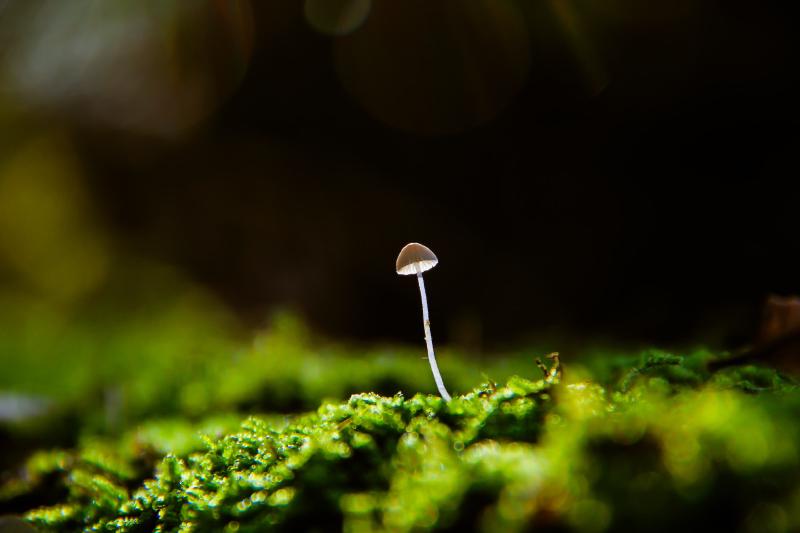Most life on Earth is dependent on fungi in a number of ways, often hidden, and the following are some examples of this dependence:
- Symbiosis and mutualism - Fungi form symbiotic relationships with many other organisms, such as plants, animals, and bacteria, and these relationships are often beneficial for both parties. For example, fungi can provide nutrients, protection, and other benefits to plants and animals, and in return, they can receive food, shelter, and other resources (cf. The World Wide Wood). A huge part of the vegetal world is litterally depending on Fungi
- Decomposition and nutrient cycling - Fungi play a crucial role in the decomposition and recycling of organic matter, and they are essential for the carbon and nitrogen cycles, which are the fundamental processes that sustain life on Earth. Without fungi, organic matter would accumulate and overwhelm the ecosystem, and the availability of essential nutrients, such as carbon, nitrogen, and phosphorus, would be greatly reduced. In other terms, if it wasn’t for fungi (and other decomposers), earth would be covered in dead organic matter.
- Food and nutrition - Many fungi, such as mushrooms, yeasts, and molds, are used as food and have been an important source of nutrition for humans and other animals throughout history. Fungi are also used to produce fermented foods, such as bread, beer, and cheese, which are important for human health and cultural traditions.
- Medicine - Fungi produce a wide range of compounds that have medicinal properties, and many of these compounds have been used to treat diseases and other health conditions. For example, penicillin, a widely used antibiotic, is produced by a fungus, and many other fungi are used to make other important medicines, such as statins and immunosuppressants.
Overall, fungi are essential for most life on Earth, and they play a vital role in the functioning and health of ecosystems, and in the well-being of humans and other organisms.
